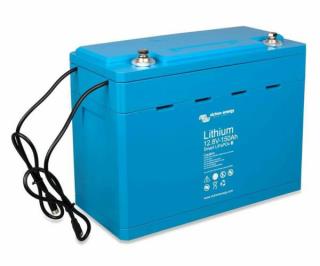El sol es nuestro aliado
Baterías solares de ciclo profundo
Solar Batteries
Stationary - Sealed - Deep Cycle
Lithium - AGM - GEL
CODESOLAR
ENERGIA
S. A.


Types of stationary deep cycle batteries:
Lead Acid open or minimal maintenance.
- They have the advantage of being able to be filled with distilled water.
- As a disadvantage they have to have a minimum of maintenance.
Lead Acid sealed (closed) or maintenance free.
- They have the advantage of not needing maintenance.
- Disadvantage: they have many times a shorter life than maintenance batteries, because a certain amount of water vapor and hydrogen (2H2 + O2 gas) escape through its valve. Once the electrolyte is "evaporated", the battery (or cell) is dry or damaged.
GEL sealed (Lead Acid gelled closed) or free maintenance.
- They have the advantage that they do not need maintenance, they are protected against acid leakage, and they do not need different recharging functions.
- Disadvantageous is that they do not withstand a current greater than specified.
AGM sealed (Lead Acid closed) or AGM (Fiberglass absorbed) free maintenance.
- They have the advantages of the previous two, they do not need maintenance, they are protected against acid leakage, VRLA (valve regulated lead acid), they do not need different recharging functions. They also catalyze up to 95% of hydrogen and gasified oxygen (2H2 + O2 gas) again in water (H2O) and thus achieve a longer useful life.
- Disadvantage: they are still expensive in acquisition.
You can also see the technical details of operation.
Lithium (closed) or free maintenance.
ADVANTAGES
- Lithium batteries are much lighter than batteries of other materials.
- There are different types of Lithium batteries, some can be 95% discharged in a few minutes.
- They can be built in different shapes and dimensions.
DISADVANTAGES
- They are still relatively expensive, according to the internal construction material, you pay around US $ 1 per Wh.
Marathon Exide GNB
AC Delco
Tudor Exide GNB
Rolls
Electra
Duncan
Dynasty
Long
Mac Clarios
Sail
Toyo
Deka
MK
CodeSolarEnergia S. A.
Quito, Ecuador, Sudamerica
CSE
Baterías AGM GEL
